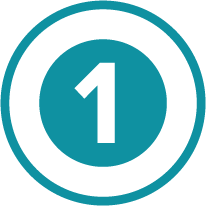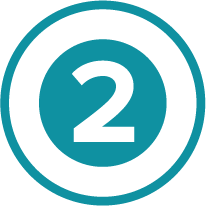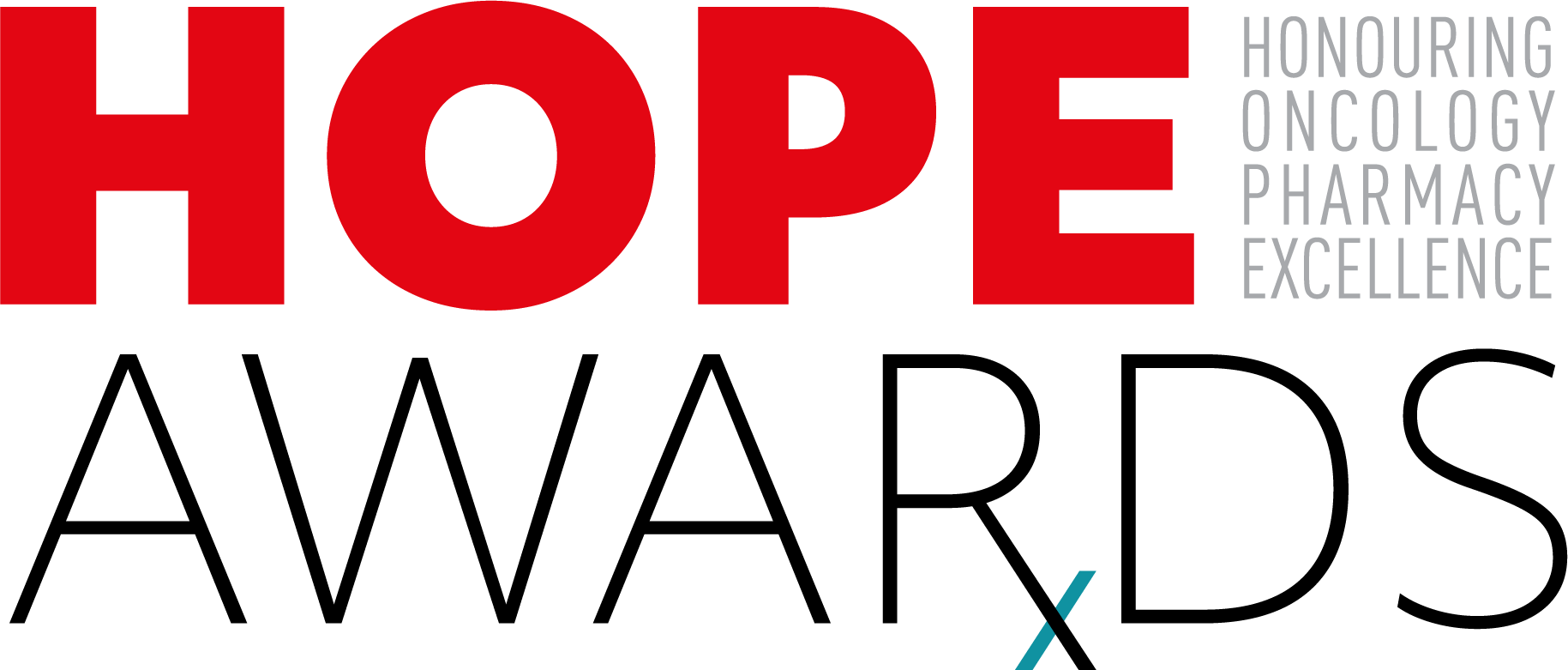TEACHING AND EDUCATION FIRST PLACE WINNERS:
Laura Minard, Ny Phonchareon, Samantha Scott, Amanda Daniels, Claudia Harding
Nova Scotia Health
Laura Minard, Ny Phonchareon, Samantha Scott, Amanda Daniels, and Claudia Harding from Nova Scotia Health were awarded a 1st Place HOPE Award in Teaching & Education for their project, ‘Development and Implementation of a Pharmacist-led Clinic Focused on Patient Education and Toxicity Management for Patients with (Neo)Adjuvant Breast Cancer’.
Laura and her team recognized an unmet need for in-depth patient education on oncology medication, drug-drug interaction assessment, and side effect and toxicity management at the pharmacy level. To this end, they developed and implemented a pharmacy oncology clinic, focused on addressing this treatment gap. The initial project worked with patients with (neo)adjuvant breast cancer, receiving IV treatment.


Clinic Services Provided:
-
- Pharmaceutical care plan (full patient work-up)
- Best possible medication history
- Drug interaction review
- Medication calendar
- Patient education
- Toxicity management and clinical interventions
Results (Nov 2021 to Dec 2022):
-
- During 328 patient encounters, 157 drug-therapy problems were identified by the clinic, including: adverse events (n=63), need for additional therapy (n=40), and drug interactions (n=25).
- Interventions made by clinic pharmacists included: counselling patients (n=132), and recommendations to start patients on a new drug (n=15) or change a dose (n=11).
- Most frequent class of drugs involved with drug-therapy problems and pharmacist interventions included antiemetics (53%), chemotherapy (15%), and home medications (11%).
- Most common toxicity problems requiring pharmacist intervention included: nausea and vomiting (43%), pain (28%) and bowels (14%).
Overall, based on their encounters, clinic pharmacists documented that patients had better knowledge, improved symptom control, improved quality of life, potentially improved treatment response, and improved adherence as a result of clinic visits.
TEACHING AND EDUCATION FIRST PLACE WINNERS:
Laura Minard, Ny Phonchareon, Samantha Scott, Amanda Daniels, Claudia Harding
Nova Scotia Health
Laura Minard, Ny Phonchareon, Samantha Scott, Amanda Daniels, and Claudia Harding from Nova Scotia Health were awarded a 1st Place HOPE Award in Teaching & Education for their project, ‘Development and Implementation of a Pharmacist-led Clinic Focused on Patient Education and Toxicity Management for Patients with (Neo)Adjuvant Breast Cancer’.
Laura and her team recognized an unmet need for in-depth patient education on oncology medication, drug-drug interaction assessment, and side effect and toxicity management at the pharmacy level. To this end, they developed and implemented a pharmacy oncology clinic, focused on addressing this treatment gap. The initial project worked with patients with (neo)adjuvant breast cancer, receiving IV treatment.

Clinic Services Provided:
-
- Pharmaceutical care plan (full patient work-up)
- Best possible medication history
- Drug interaction review
- Medication calendar
- Patient education
- Toxicity management and clinical interventions

Results (Nov 2021 to Dec 2022):
-
- During 328 patient encounters, 157 drug-therapy problems were identified by the clinic, including: adverse events (n=63), need for additional therapy (n=40), and drug interactions (n=25).
- Interventions made by clinic pharmacists included: counselling patients (n=132), and recommendations to start patients on a new drug (n=15) or change a dose (n=11).
- Most frequent class of drugs involved with drug-therapy problems and pharmacist interventions included antiemetics (53%), chemotherapy (15%), and home medications (11%).
- Most common toxicity problems requiring pharmacist intervention included: nausea and vomiting (43%), pain (28%) and bowels (14%).
Overall, based on their encounters, clinic pharmacists documented that patients had better knowledge, improved symptom control, improved quality of life, potentially improved treatment response, and improved adherence as a result of clinic visits.
